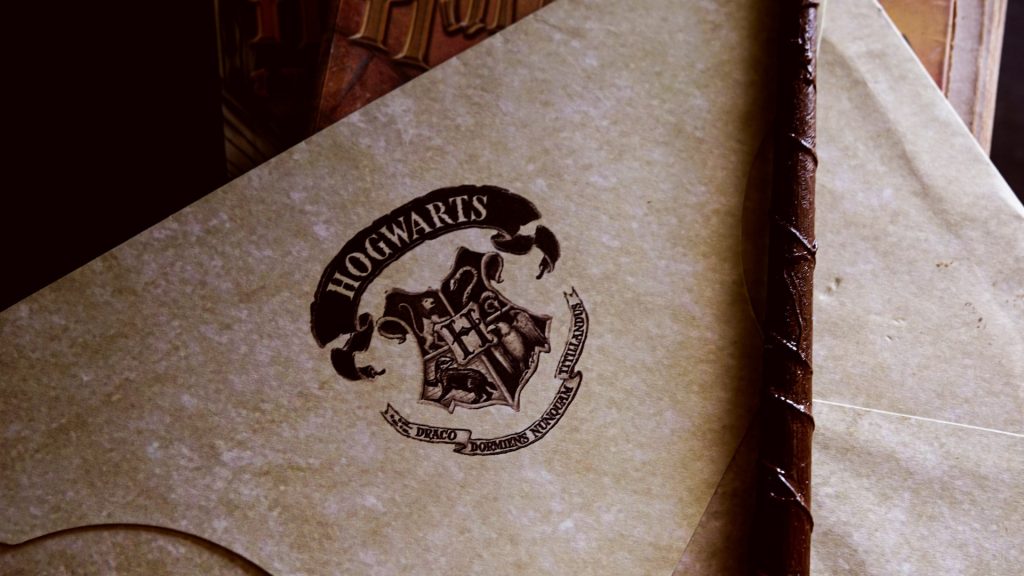August 2023 – A new report this month by Visit Britain has found that London’s attractions in 2022 enjoyed a 141% rise in visitor numbers compared with 2021 – by far the highest growth seen in any UK region. Meanwhile, the latest figures from the RSM Hotel Tracker show occupancy rates in London hotels are up from 76.7% to 80.4% in June 2023, with July expected to have been even better.
However, recent statistics from the government reveal that over half of people with disabilities find holidays stressful, with more than 90% encountering difficulties in finding suitable accommodation. As a result, Cool Crutches and Walking Sticks aims to help travellers with disabilities and accessibility needs enjoy a stress-free and enjoyable experience in the city.
Cool Crutches and Walking Sticks have analysed London’s top tourist attractions to seek the top choices for visitors seeking a more accessible experience in London:
- British Museum – Leading the way in providing a fully accessible experience, the British Museum offers wheelchair reservations, Blue Badge Parking, and on-site manual wheelchair borrowing. Sensory maps, accessible toilets, and seating options are available throughout the museum. Resources such as British Sign Language (BSL) Guides, audio descriptive guides, and object handling sessions cater to various needs.
- Harry Potter Warner Bros Studio Tour – The studio tour makes significant efforts to accommodate visitors with disabilities, providing free carer tickets, assistance dog access, and lightweight foldable stools upon request. Digital guides, induction loops, and subtitles cater to the hearing and visually impaired, while the Sensory Room supports visitors with autism and additional needs.
- Tate Modern – Prioritising accessibility for all visitors, the Tate Modern provides detailed accessibility information for each gallery. Tailored learning sessions, wheelchair accessibility, large-print guides, induction loop systems, and British Sign Language options enhance the experience for various visitors.
- Natural History Museum – The museum ensures accessibility for all with wheelchair access, free wheelchair hire, accessible toilets, and assistance dogs welcome. Large-print guides, handling sessions for visually impaired visitors, and induction loop systems for hearing support are also available.
- Globe Theatre – Shakespeare’s Globe offers suitable seating, induction loops, and captioned performances for deaf, disabled, and neurodiverse individuals. Large print materials, audio-described performances, and accessibility during guided tours cater to various needs.
- Houses of Parliament – The UK Parliament provides step-free access, braille guides, and induction loop systems for hearing support. Ear defenders and quiet spaces accommodate neurodiverse visitors, and accessible tours with alternative routes are available.
- Buckingham Palace – The Palace offers step-free access, companion tickets, and various accessibility provisions. Manual wheelchairs, mobility scooters, and rollators are available for borrowing, and specific guided tours cater to visitors with accessibility needs.
- Westminster Abbey – Providing free admission to disabled visitors and their carers, Westminster Abbey offers accessible entrances, audio-described tours, and a hearing loop system. Assistance dogs are welcome, and British Sign Language versions of the multimedia tour are available.
- Tower of London – The Tower of London continually improves access and facilities for visitors with disabilities, offering induction loops, British Sign Language digital visitor guides, and interpreter-led tours. Wristbands are available for visitors with hidden disabilities to discreetly signal their need for assistance.
- London Dungeon – While the London Dungeon offers an interactive theatrical tour, it acknowledges some limitations in accessibility. However, they do allow guests with disabilities to leave and rejoin the tour, and visitors with accessibility needs can reserve a free carer ticket.
Amelia Peckham, Co-founder of Cool Crutches, shares essential tips to ease holiday anxiety for travellers with disabilities:
- Book special assistance – whether you use a stick, crutches or wheelchair the key to travelling is minimising physical exhaustion. Special assistance will not only ensure your waiting time is minimised by allowing you to queue separately, or arrive early.
- Check accessibility before you travel – do your research, call and call again if you have booked accommodation. Request accessible hotels and check the distance to breakfast/restaurants, to ensure you have the best option for you.
- Book transfers – it’s easier to relax when your transfers are booked in advance. This also allows you to book the best value-for-money deals and relieves the chances of relying on taxis which often charge more than pre-booked.
- Check your insurance – make sure your details are up-to-date, your medical information is correct and you know which hospitals you can use in case you need it
- Stock up on medication – make sure you have enough, and pack it into your hand luggage so it’s not at any risk of being lost.
- Carry your credit card – if there are any surprise medical situations, a credit card is essential to pop everything onto and easily claim back from your insurers without having to spend the money!



